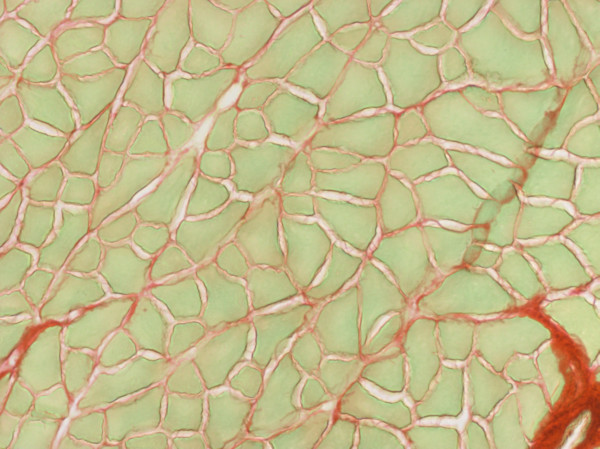
Bacterial peptides in the gut-muscle axis
Increasing evidence points towards an association between the gut microbiome and sarcopenia, the muscle wasting associated with ageing. However, the mechanisms behind these associations are still unclear, hampering the translational use of the association findings. Traditionally, these studies have focused on short chain fatty acid (SCFA) produced by microbial species such as Roseburia spp., Barnesiella spp. and Faecalibacterium prausnitzii which are decreased in frail or sarcopenic older people [1]. We are investigating an hitherto not yet explored hypothesis put forward by us that also quorum sensing molecules, and more specifically quorum sensing peptides, are modulators of sarcopenia [2].
Peptides can be considered as an intermediate class between small molecules (metabolomics) and proteins (proteomics). They do differ from proteins not only because they are shorter (traditionally considered below 50 amino acids) but also because of their less complex three-dimensional structure, their significant tissue penetration, different pharmacokinetic properties and abundant target interactions. They require also different analytical methodologies compared to small metabolites and large proteins. Quorum sensing peptides (QSPs) are characteristic bacterial products, constitutively produced by living bacteria and exhibiting an increased and/or altered production in “stress” conditions. They have long been considered as intra-bacterial communication molecules only. However, nowadays, it is generally accepted that this communication is not limited to the bacteria themselves, but also play a role in the host interaction such as colorectal cancer and the central nervous system [3].
This research aims at assessing new diagnostic and therapeutic possibilities for sarcopenia and other muscle wasting diseases using the microbiota and/or quorum sensing peptides. For example, specific pro- and prebiotics, faecal transplants as well as QSP agonists or antagonists could be envisioned as putative new tools in the management of muscle wasting diseases.
[1] Liu C, Cheung W-H, Li J, Chow SK-H, Yu J, Wong SH, et al. Understanding the gut microbiota and sarcopenia: a systematic review. Journal of cachexia, sarcopenia and muscle. 2021;12(6):1393-407.
[2] De Spiegeleer A, Elewaut D, Van den Noortgate N, Janssens Y, Debunne N, Van Langenhove S, et al. Quorum sensing molecules as a novel microbial factor impacting muscle cells. Biochimica Et Biophysica Acta-Molecular Basis of Disease. 2020;1866(3):165646.
[3] Wynendaele E, Debunne N, Janssens Y, De Spiegeleer A, Verbeke F, Tack L, et al. The quorum sensing peptide EntF* promotes colorectal cancer metastasis in mice: a new factor in the host-microbiome interaction. BMC biology. 2022;20(1):151.


